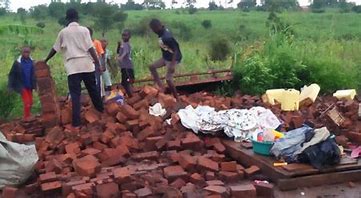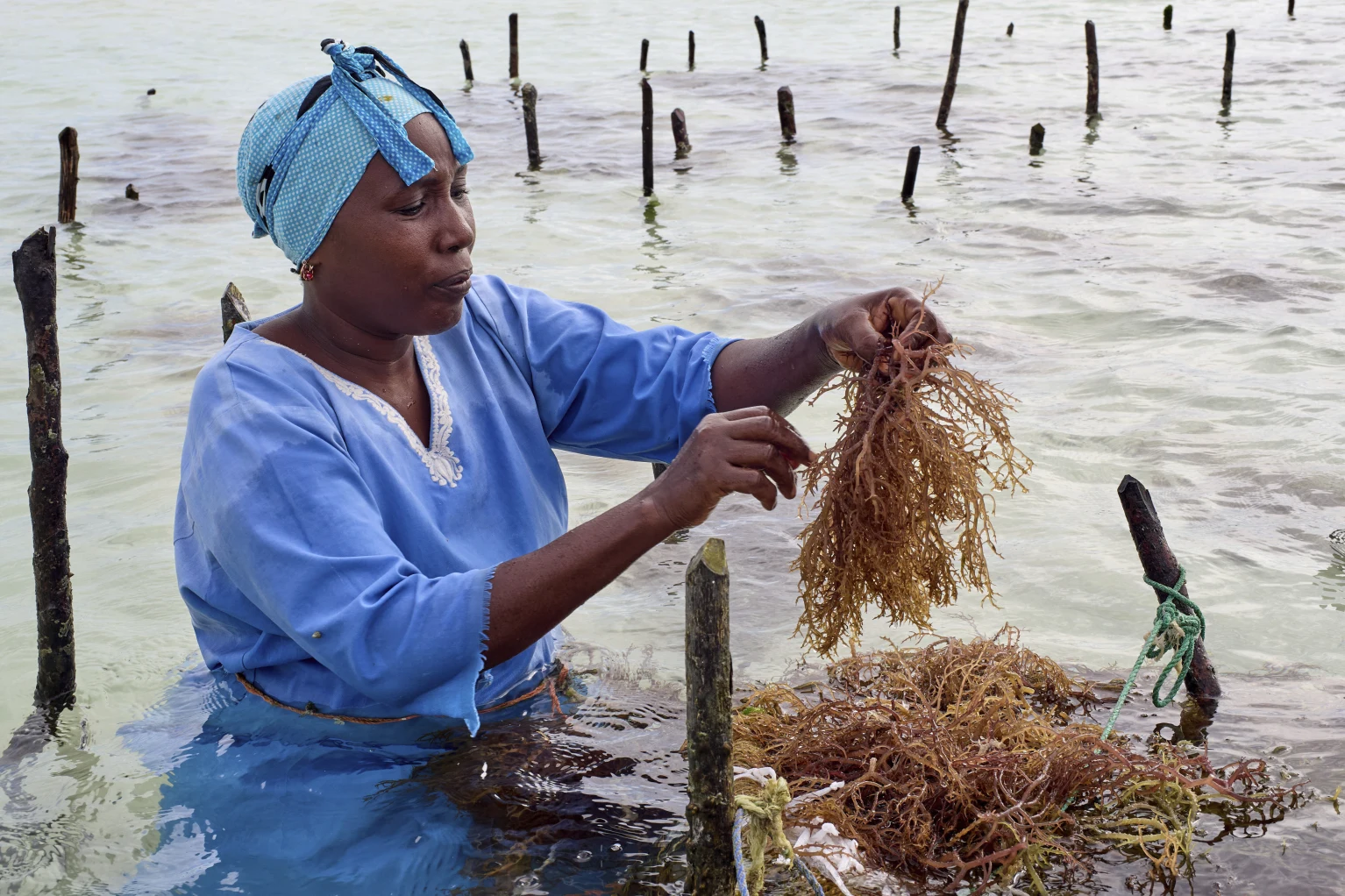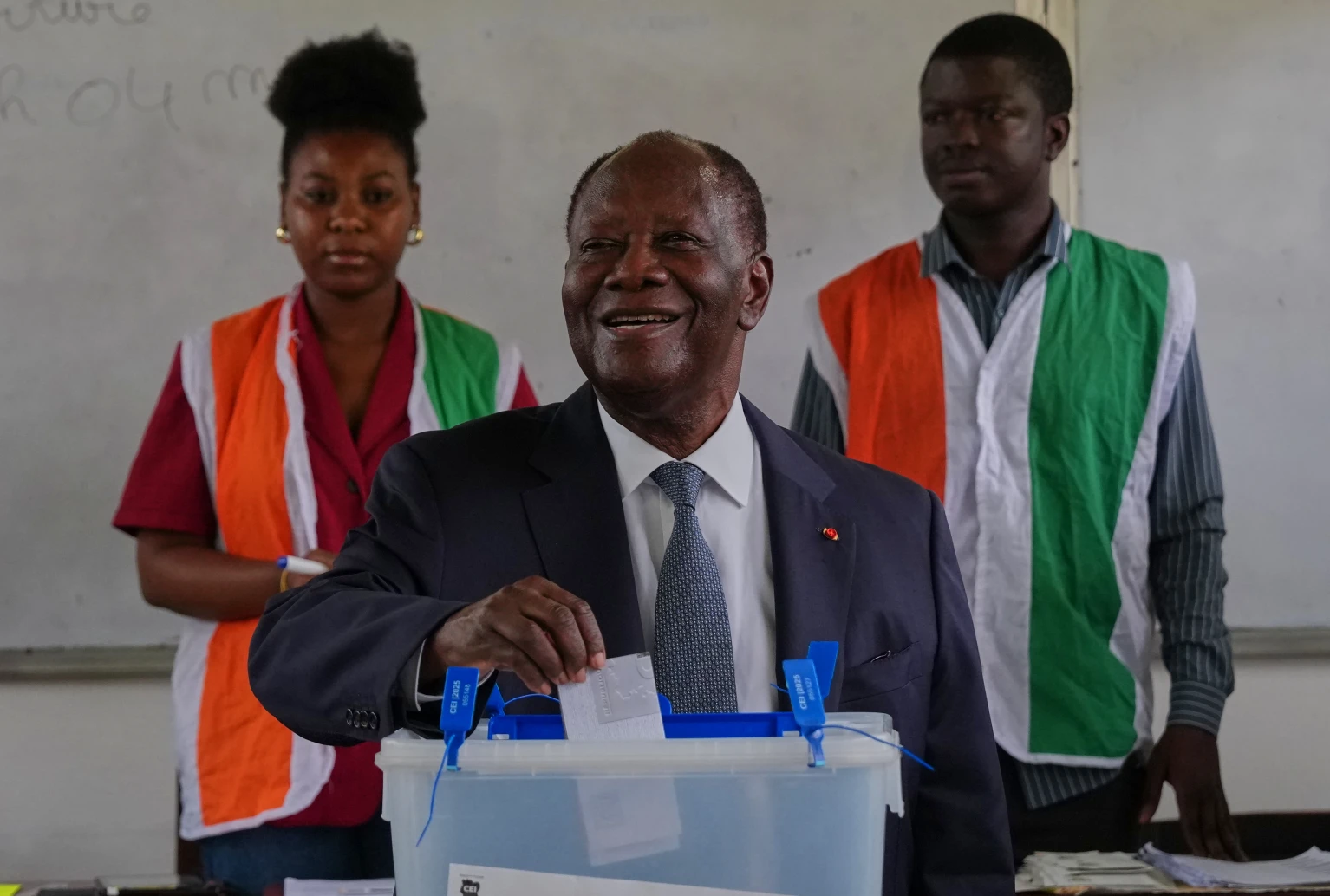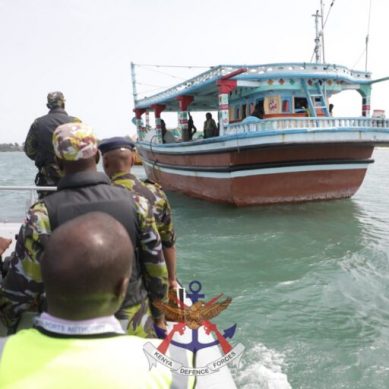
Culture covers the whole complex of distinctive spiritual, material, ethical, moral, intellectual, psychological and emotional features that characterise a society or a social group. It includes not only arts and letters but also modes of life, value systems, traditions and beliefs, according to the Mexico Conference on Cultural Policies held in 1982.
This is the holistic view of culture. Unfortunately, the development choices and commitment to building the money economy and drawing everyone into it threatens cultural survival in Uganda, because culture is regarded as primitive and an impediment to development.
Already numerous sacred places of cultural value have been destroyed and erased from the biocultural landscapes of Uganda in pursuit of grandiose projects, ostensibly to fight poverty.
Tinkansimire Theres in a 2014 article “Stewardship and Environmental Conservation: Preserving God’s Creation” published in the International Journal of Development Research, cites Oweyegha-Afunaduula asserting that if we want to sustain our environment, we must find means of passing on to the future generation the resources and knowledge we have today so as to help them in turn to develop themselves.
Unfortunately, a small group of people, with exacerbated greed and selfishness is consuming everything at the expense of future generations. This way it is not only abusing their survival and environmental justice but current and future environmental integrity and security of Uganda.
No security is meaningful without environmental security. Therefore, Uganda needs to invest heavily in environmental security and integrity to have meaningful security well in the future. Military security is momentary and may last as long as the one who builds it. Beyond him is chaos.
In his article cited above, Tinkansimire Theres defines the eenvironment as humans and their relationships with the living and non-living things in the world, thus casting environment as an ethnocentric manner. Such definition justifies human excesses on the environment.
Tinkasimire Theres goes on to write, “The Bible tells us that God created all things in the universe and that all was very good. He entrusted the world to humans whom he gave the gift of intellect to know good and evil. Human beings have used their gift of innovation – that is in science and technology – to move from being hunters and gatherers to becoming agriculturists and industrialists.
They have managed to make their lives better. But in their development, they have lacked proper planning for all creatures – both living and non-living”
In other words, whereas God tasked us to be stewards of the environment for the benefit of all beings God created, we have instead become irresponsible and arrogant, eliminating other beings and other human beings as well, or creating conditions that do not serve to perpetuate survival of all.
Way back in 2005 I wrote that the socio-cultural dimension of the environment involves with spiritualities of the local people, their attitudes, names, medicines, social life styles; and that besides these, there is the ecospirituality and spiritual ecology, which are often ignored in Uganda’s development.
Ultimately, environmental justice of the people and all other beings that interact with humans, is eroded.
If, therefore, we want sustainable development to manifest itself in Uganda, then we should pursue economic growth and economic development as equally essential processes in human survival in the modern times, and they must be in beneficial balance.
However, I would prefer emphasis to be put on economic development because economic growth deceptively depicts that the poor are developing, yet its popular statistic, which measures progress in it – Gross Domestic Product or GDP – refers more to progress among the rich in terms of movement of goods and services.
Economic Development is more meaningful if it is inclusive of the poor. That is why in the past I advocated the “inclusion principle” and for the use of the Inclusive Development Index (IDI) instead of GDP.
Meanwhile, the protection and conservation of environmental quality must proceed together, each reinforcing the other. If not, then we are wasting money and pouring it down the drain. if we continue to emphasise economic growth whose pursuit is responsible for so much environmental destruction and erosion of environmental justice in Uganda, then we are preparing Uganda as a hotspot of violence.
This is what emerges when the ecological-biological foundations of survival collapse. With this environmental integrity and environmental security collapse too, accompanied by erosion of environmental integrity, environmental democracy and environmental justice. This is happening daily in Uganda.
Way back in the 1990s, as a university lecturer, I taught sustainable development as “maintaining the delicate balance between the human need to improve life styles and the feeling of well-being on the one hand, and preserving the natural resources and ecosystems on which we and future generations depend”.
Today in Uganda, it is hard to submit that sustainable development is taking place. For many lifestyles and feeling of well-being have plummeted. Only a few can say they are enjoying better lifestyles and feel well-being. The majority cannot get quality healthcare and now depend on our diminishing nature to satisfy their health needs.
On the other hand, as government pursues economic growth and the money economy, natural resources and ecosystems on which we and future generations depend for survival are being destroyed.
Ecological integrity and environmental integrity are being eroded. In the process the environmental security and environmental justice of people, communities and other beings are being mercilessly eroded. The future environmental survival of humans and other being is in jeopardy.
So, does environmental justice matter anymore in Uganda? What is your view after reading this article?
For God and my ccountry.
- A Tell report / By Oweyegha-Afunaduula, a former professor of environmental science at Makerere University, Uganda







